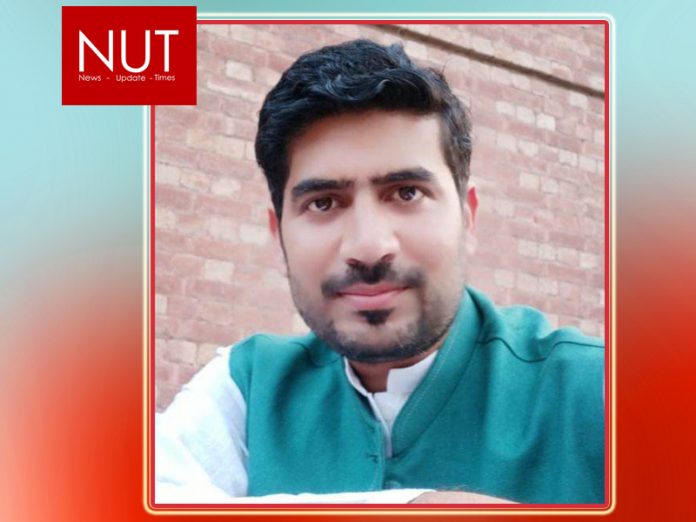By: Irfan Anwar
Recent researches highlighted the importance of physical activities for individuals with Autism Spectrum Disorder (ASD). Exercise not only helps improve physical health but also provides a range of benefits for keeping their sensory systems in balance, mental well-being and social interaction. According to the Centers for Disease Control and Prevention (CDC), about one in fifty four children in the United States is diagnosed with ASD (a neurodevelopmental disorder that effects Social interaction, communication and repetitive and restricted behaviors). While the condition varies widely in its severity and symptoms. Each person with ASD has individualized set of symptoms and characteristics for which individualized programs are required. This is especially needed for physical activity programs. Physical Activities has been found to be a useful tool in managing the symptoms of ASD. It has been proved that physical training improves motor skills, strengthens the muscles, and endurance in individuals with ASD. Individuals with ASD deal with deficiencies in motor skill and eye hand coordination. They are hyper reactive or hypo reactive to sensory input such as pain, sound, texture and light. Physical activities has been shown to improve these conditions as well as reduce maladaptive behaviors such as temper tantrum, passive- aggressive behavior and sleep problems. Additionally, it has been found to reduce anxiety, improve mood, and boost self-esteem. Researches has shown physical activities increase the release of endorphins and monoamine neurotransmitters which improves sleep, appetite and improve overall mental health. It also help them deal with physical and emotional challenges. Physical activities regulates cardiovascular health and improves immune system. Moreover, physical activities can also help people with ASD develop social skills. Participating in group activities such as sports, dance, or martial arts can provide opportunities for social interaction, which is often challenging for those with ASD. It teaches self-discipline, socializing and helps with attention and concentration. Physical activities develops better coordination, body balance and spatial awareness. It can also help them learn how to wait in a que, take turns, follow rules, and communicate effectively with others. Experts recommend that people with ASD should engage in at least 60 minutes of physical activities each day, including both structured and unstructured activities. Structured activities may include participation in team sports or exercise classes, while unstructured activities may involve playing in the park, riding a bike, or swimming. However, it is essential to note that physical activity programs for individuals with ASD should be tailored to meet their specific needs. For instance, some may have sensory issues or difficulty with coordination, which may require modifications to the activities. In conclusion, physical activities plays a crucial role in the management of ASD. Engaging in regular exercise can not only improve physical health but also provide numerous benefits for mental well-being and social interaction. Physical activity programs not only improves stereotypical behaviors and help them deal with sensory sensitivities. It also make them more independent and maximize their quality of life. Therefore, it’s important to encourage people with ASD to engage in physical activities and ensure that they have access to suitable programs and resources to help them stay active.
Writer Introduction:
Irfan Anwar is a highly experienced physical educationist who has been working with differently-abled individuals since 2002. He has a wealth of knowledge and expertise in coaching, training, and mentoring people with disabilities in various sports. His passion for empowering people with disabilities through sports has taken him to international platforms where he has represented Pakistan as the head coach in several Special Olympics World Games, including China 2007, Athens 2011, Austria 2017, and Abu Dhabi 2019, Asia pacific game’s Australia 2013, special olympics cricket world cup india 2006. Irfan has also completed a Train the Trainer course from Singapore to further develop his coaching skills. He is the founder of the first sports club for differently-abled children in Lahore, which aims to provide an inclusive and nurturing environment for children with disabilities to learn and participate in various sports. Irfan’s dedication, hard work, and positive attitude have made him a role model for the differently-abled community in Pakistan and beyond.






